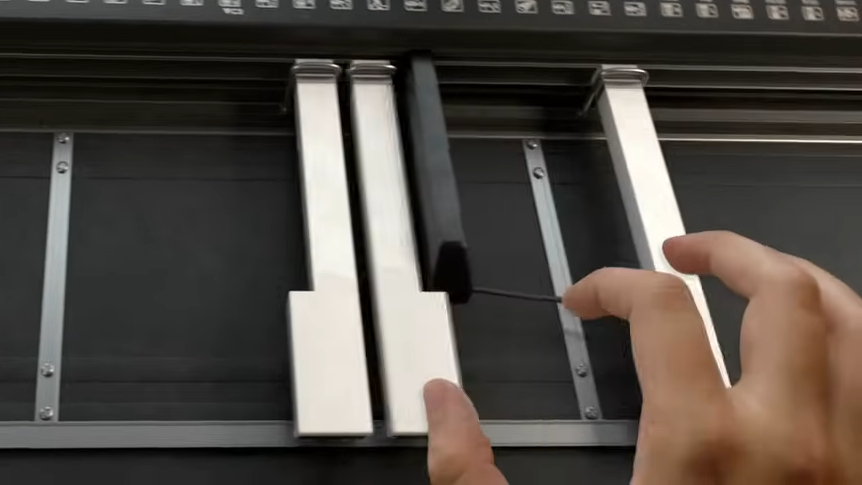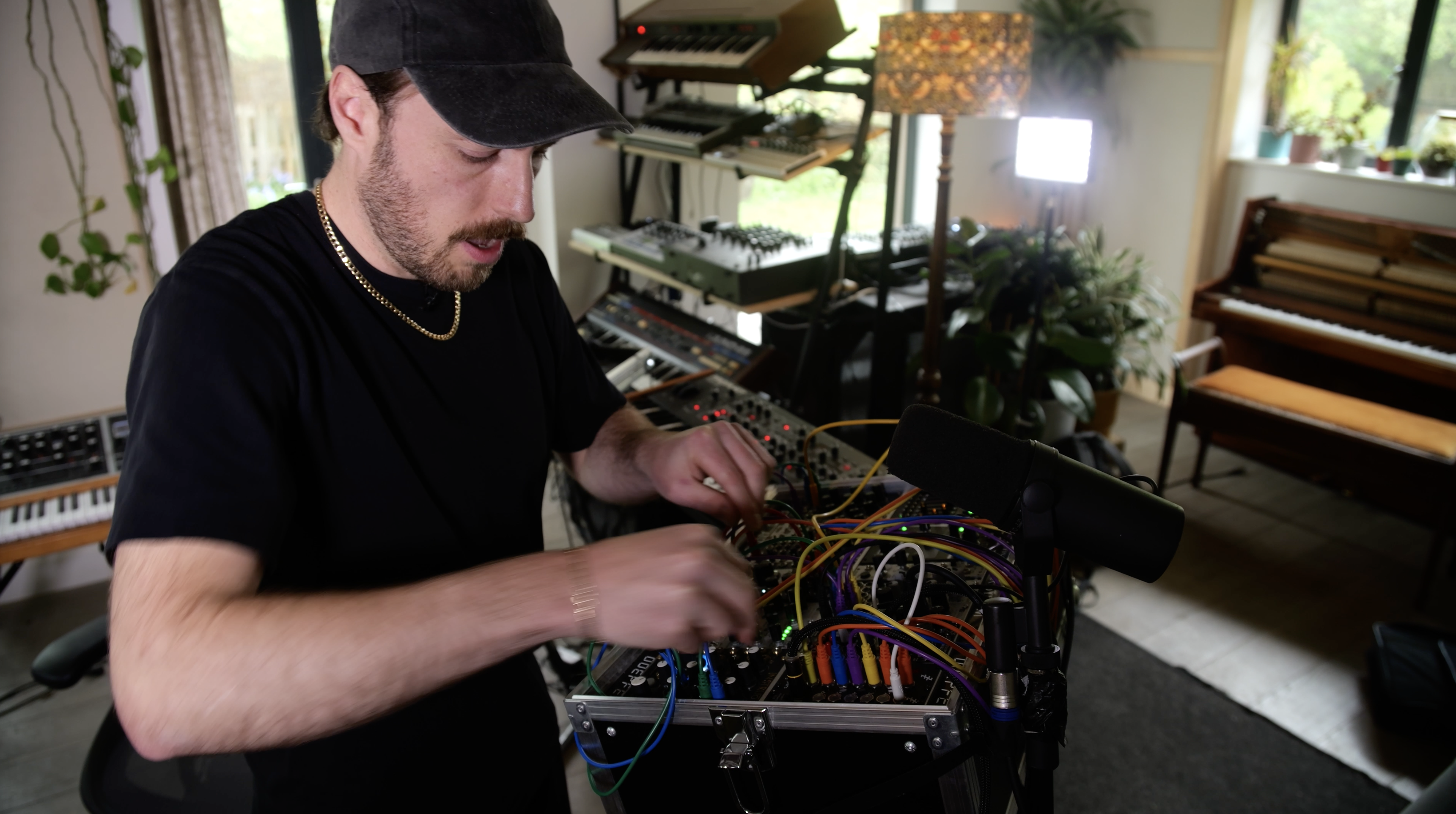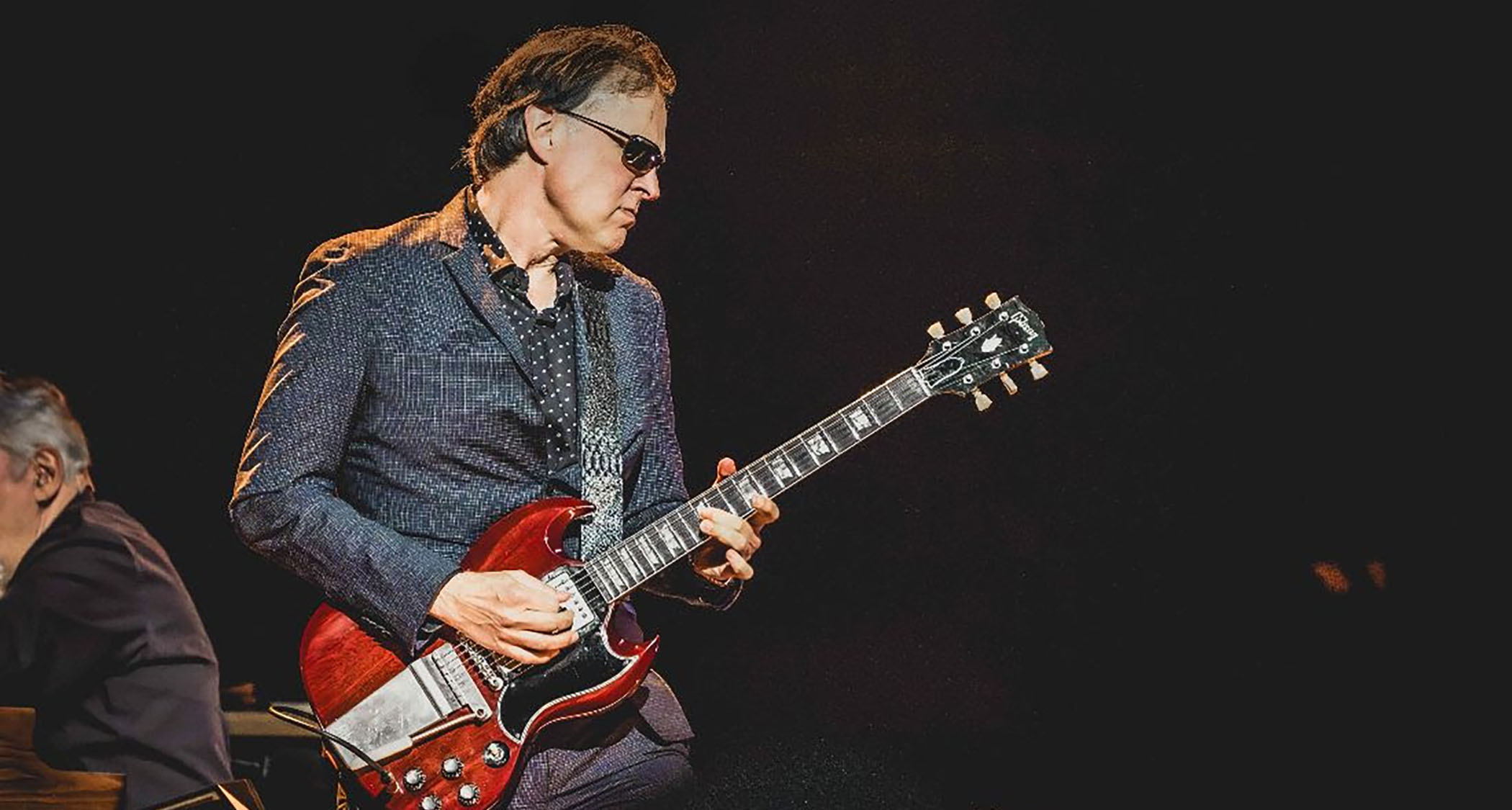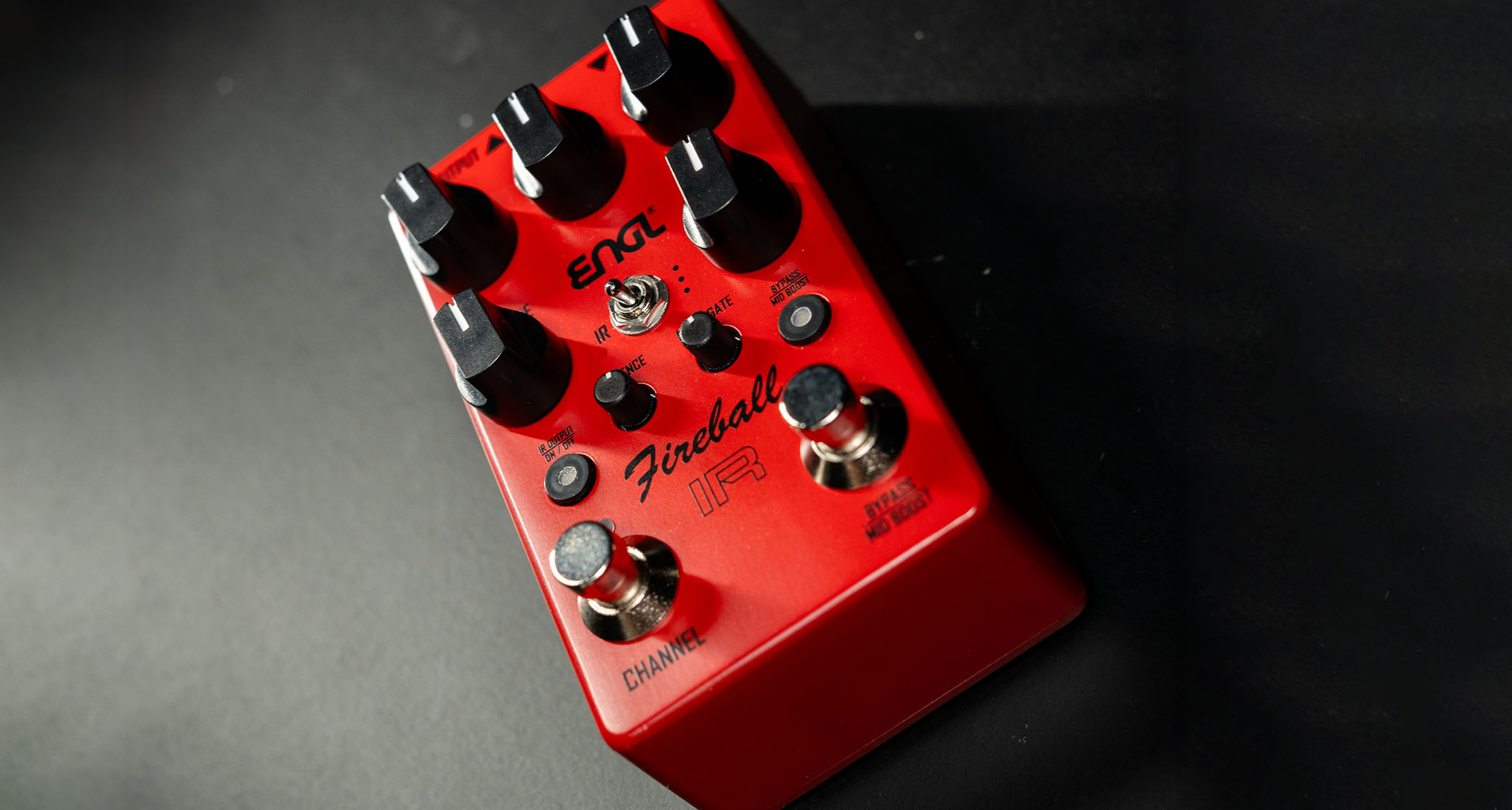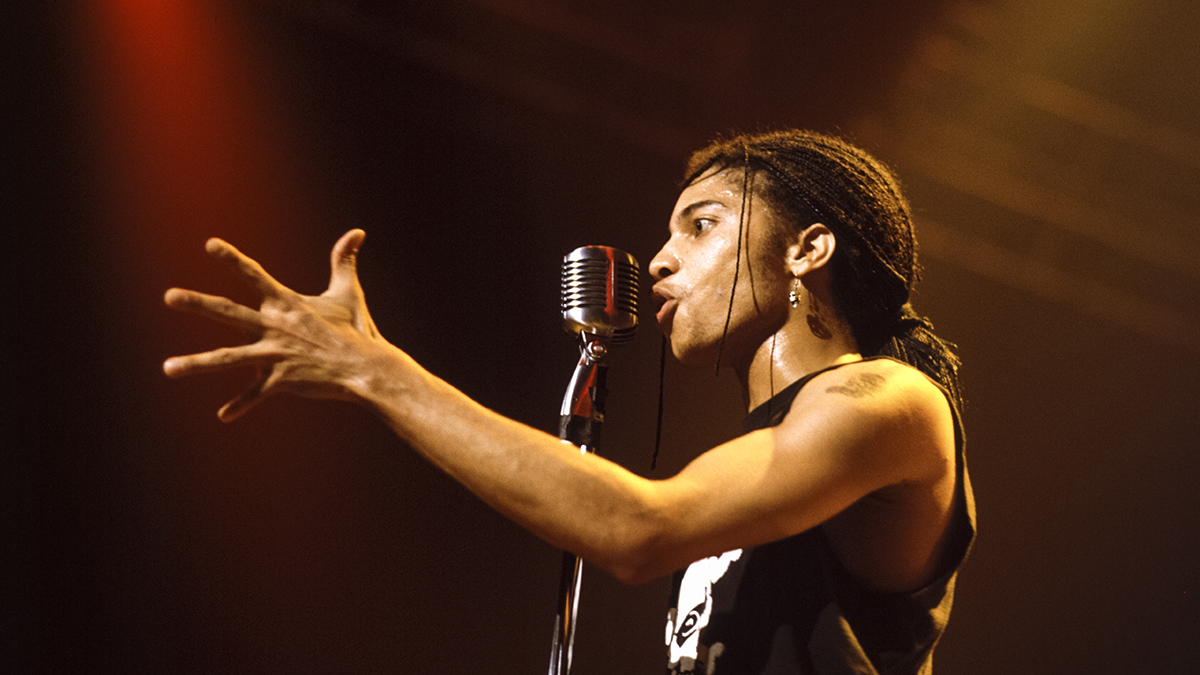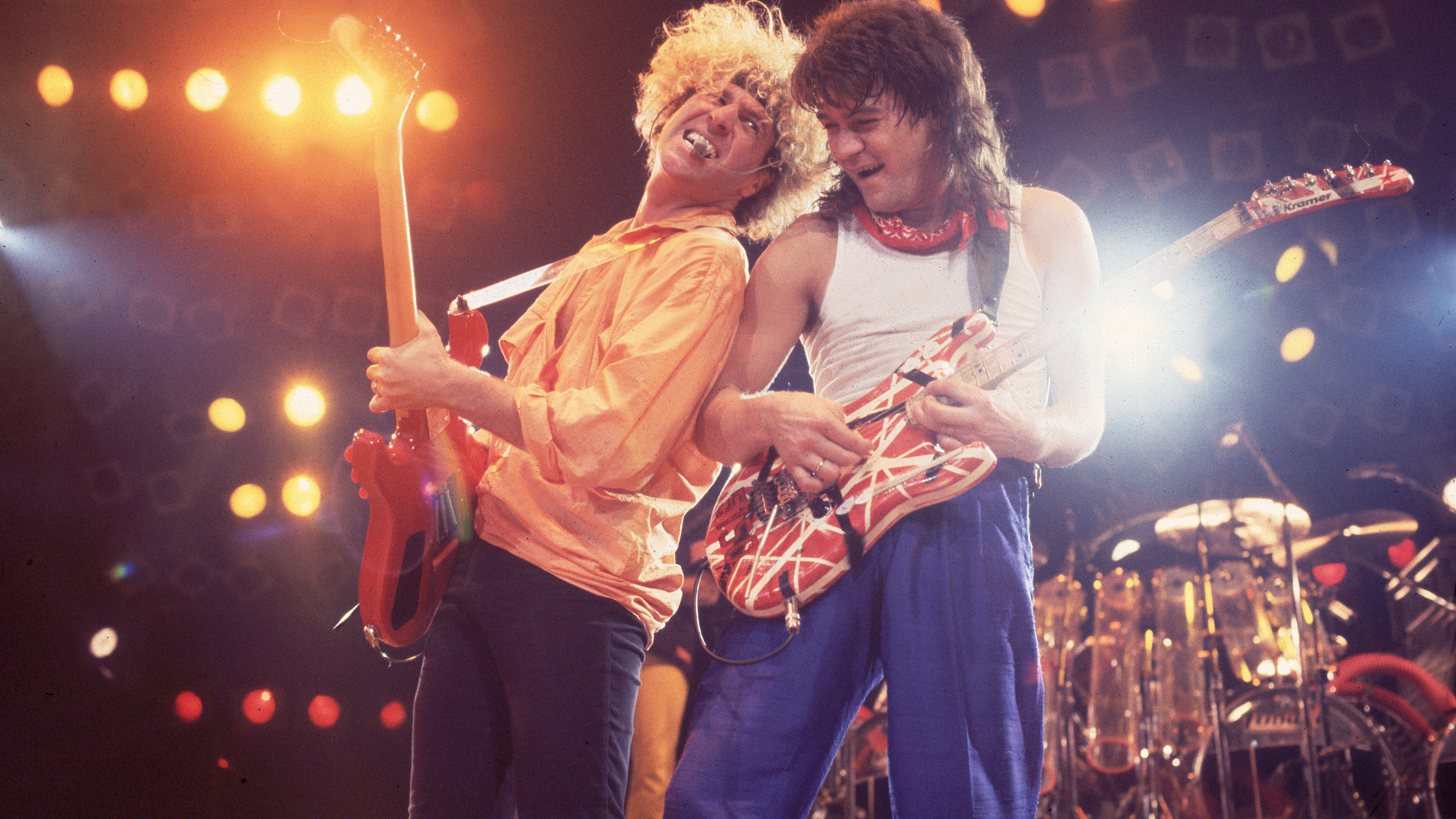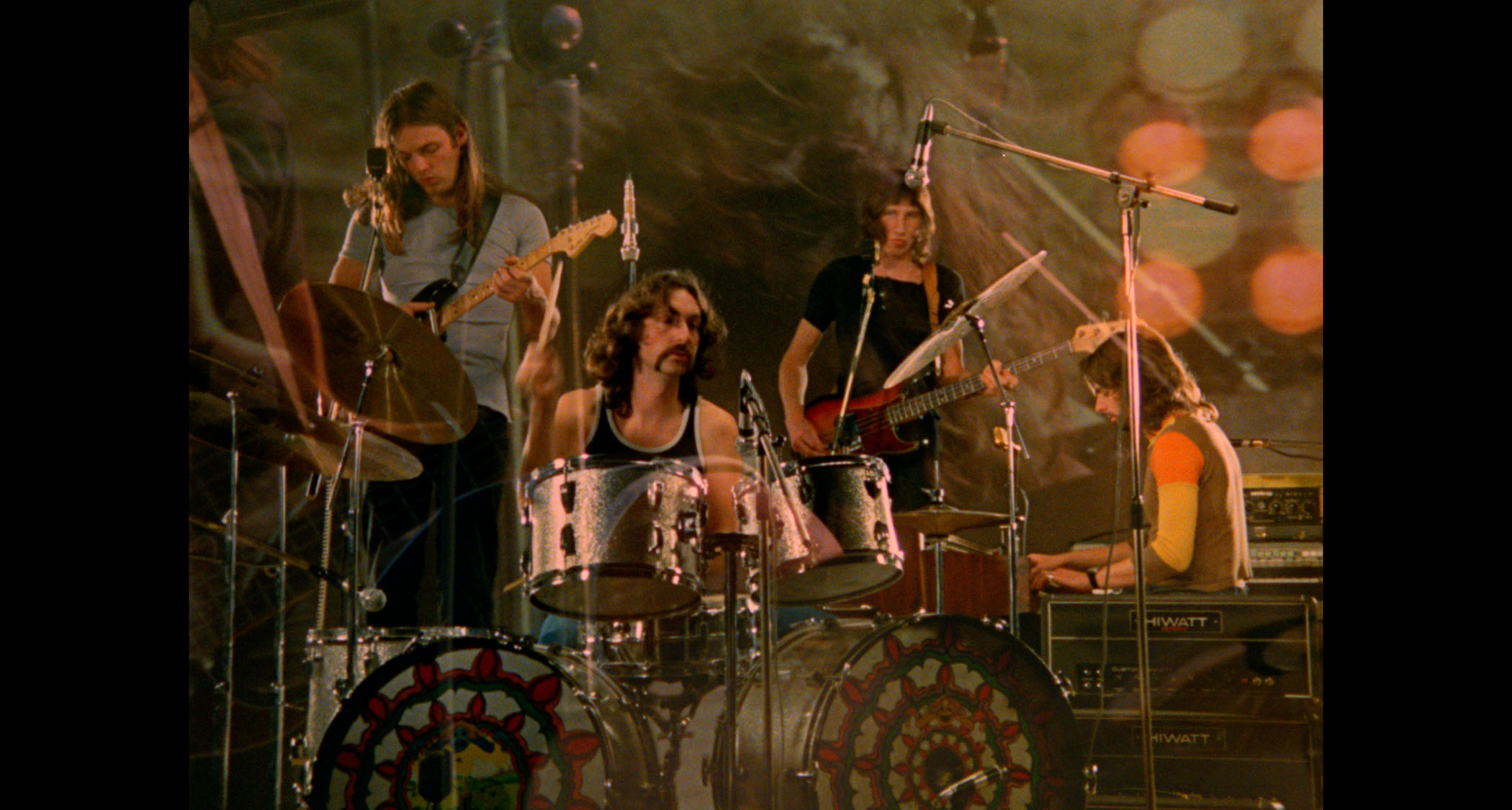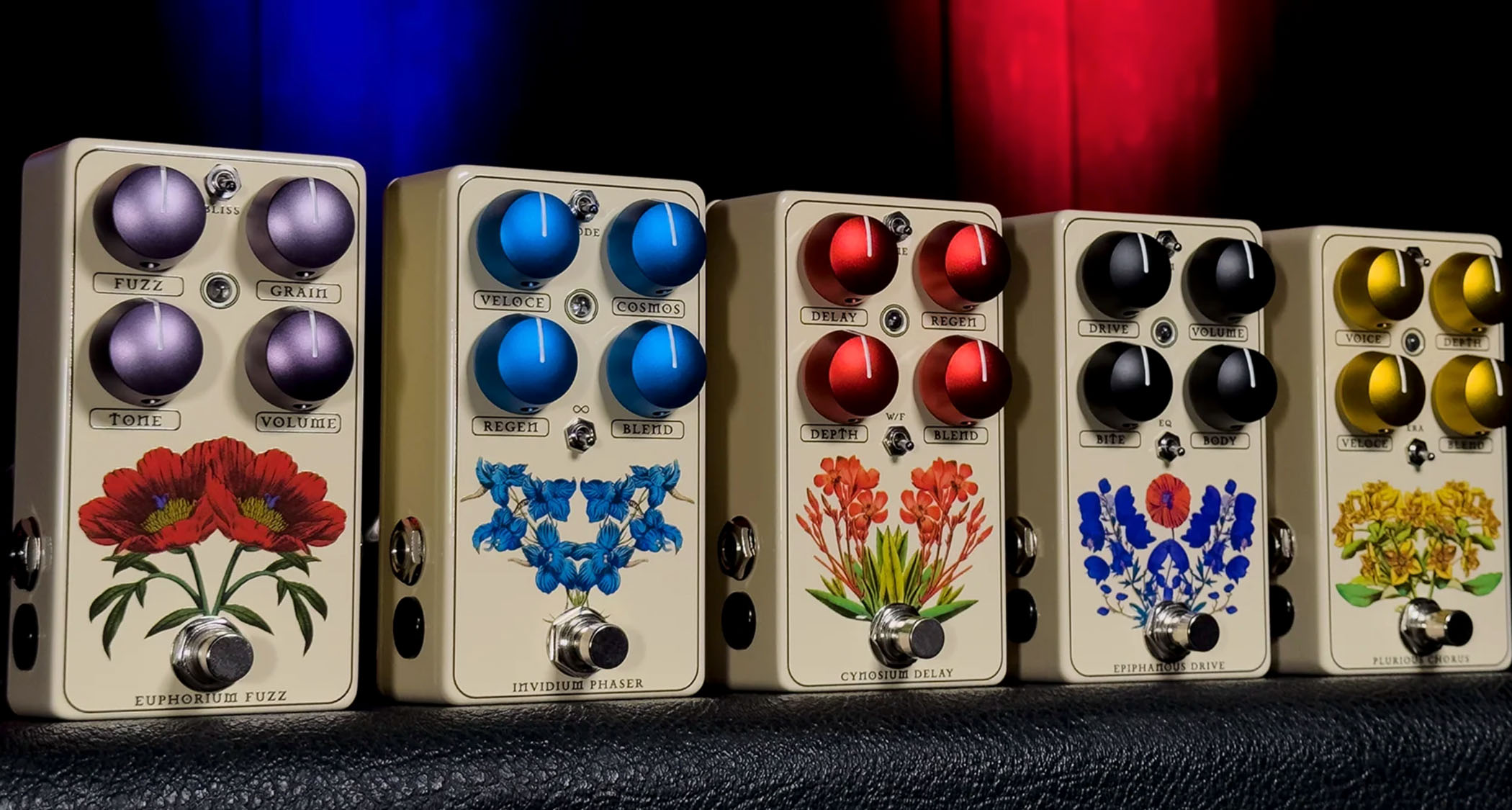Dan Auerbach on The Arcs, boxing and studio synchronicity
The Black Keys man on his inspired new band
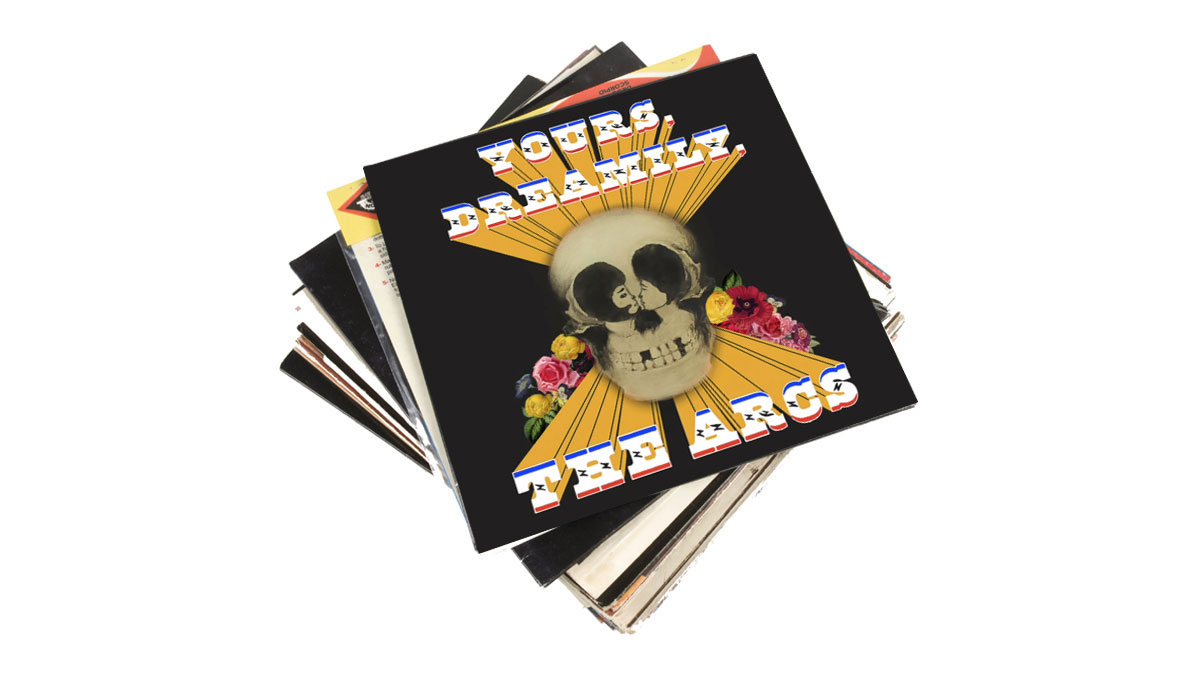
Introduction
Dan Auerbach and his studio co-conspirators share a production mantra and a sound. Now they’ve joined forces as The Arcs and plunged headfirst down the rabbit hole…
Recording in stolen sessions at four studios across America, they’ve turned their friendship into an album of groove-laden soul rock
Dan Auerbach needs no introduction, but for safety’s sake, let’s obey the formalities: by day, he’s one-half of world-beating rock duo The Black Keys; by night, he produces stellar, sometimes career-reviving records for the likes of Dr John, Ray Lamontagne and Lana Del Rey.
Those two worlds now seem to be colliding as Auerbach has teamed up with a list of trusted studio conspirators and Black Keys sessioneers in a new band, dubbed The Arcs.
Among the collective are Leon Michels, Richard Swift, Homer Steinweiss and Nick Movshon - all of whom share Auerbach’s passion for the studio witching hour.
Recording in a series of stolen sessions at four studios across America, they’ve turned their friendship into a diverse album of groove-laden soul rock - part 70s raunch, part hip-hop low-end - appropriately titled Yours, Dreamily. We caught up with Auerbach to discuss his most experimental work yet…
Musicians often start side-projects to do something they couldn’t do with their main band. That doesn’t really seem to apply here, so what was your motivation in forming The Arcs?
It’s not a solo project. We wrote all of the songs together. It was very much a team effort
“The idea is that these are some of my oldest musical friends, my studio partners. We’ve made records together, we’ve made records for other people over the years - for Dr John, for Ray Lamontagne, all kinds of stuff - but when we’re not recording for other people, we make recordings for ourselves, and basically The Arcs is an extension of that.
“It’s not a solo project. We wrote all of the songs together and I wrote all of the lyrics with Leon. It was very much a team effort.”
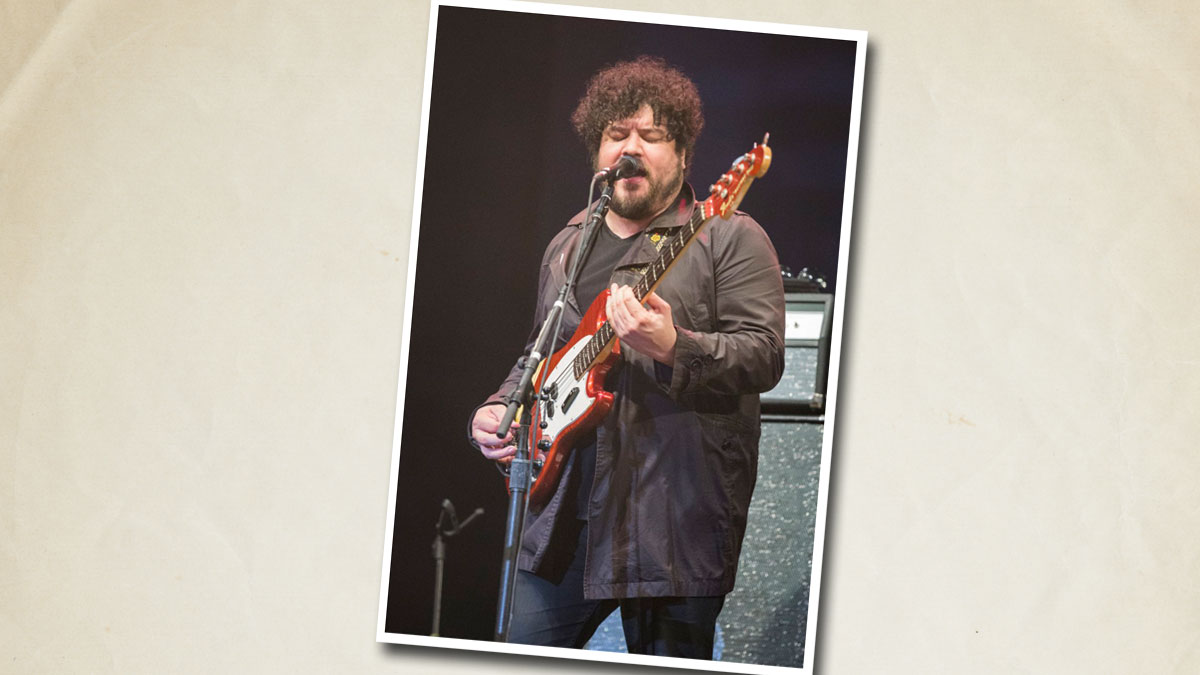
Launching The Arcs
What did you look for in your fellow Arcs collaborators?
“All of these guys make records - they’re all producers. I was a fan of their albums and they had a big influence on me and my records, both my solo record and on Black Keys albums, so I was fan before I was a friend. Since becoming buddies, we’ve been like best friends for years now, and making recordings for years.
What you’re hearing is that connection that me and Leon have and that mutual love for that kind of groove music
“We’re all kind of old souls and we all love the studio. We love albums. The idea of the album is kind of antiquated these days, but we love records and we love the idea of making an album. It’s still a format to us.”
What’s your role within the band, are you predominantly guitar and vocals?
“I’m just a collaborator. My role is whatever the situation requires. I play a lot of bass on the album, I play keyboards.
“I’m the predominant singer, but I get a lot of help from people and the Mariachi girls [the group Mariachi Flor de Toloache sing lead vocals on Chains Of Love and feature across several tracks] and [Richard] Swift [pictured] sings with me, and so does Brian Olive.”
This album seems to have something in common with Brothers, which was shaped by your Blakroc project. Did you find yourself tapping into that experience again?
“Brothers was shaped way less by Blakroc and more by me listening to records Leon had made. Lee Fields’ My World, I was listening to that record everyday when I made Brothers, so what you’re hearing is that connection that me and Leon have and that mutual love for that kind of groove music, whether it’s African music, or funk music, or soul music, or stuff with those drums.”

Studio synchronicity
What made you record across four studios - Electric Lady in Manhattan, Diamond Mine in Queens, your own Easy Eye Sound in Nashville and Sound Factory in LA?
“That was because this project was one born out of chance. We’ve all got so much shit going on that we could only work when we had free moments.
Whether we’re in my studio, Brian [Burton, Danger Mouse]’s studio or Leon’s in Queens, it all feels like the same experience
“The one in Queens, Diamond Mine, is [Arcs members] Leon and Homer [Steinweiss] and Nick Movshon’s. They own that studio. And then, Electric Lady, my friend runs it, so he would let us go in at night and record in the lounge room on the third floor.
“Then in LA, we worked at Danger Mouse’s studio because he’s my buddy and he let me use it because he wasn’t working that week. Then, when we were in Nashville, we’d work at my studio, so basically, it’s because we’re cheap and we just try to work wherever it’s least expensive!”
Given that you’re all friends and share similar ideas about music-making, do your studios have something in common?
“Yeah, they do, actually. My studio is kind of based after old 60s rooms and Mark Neill [producer of Brothers and analogue studio guru] helped me design it, but the way the instruments are laid out is very much the way that I learned how to set up a room from Danger Mouse, so it’s a mixture of all of those things.
“Then, when Leon opened his place, he bought one of my consoles, so my Easy Eye studio and Leon’s Diamond Mine have the same Spectra Sonics consoles and he’s set it up much in the same way as my studio.
“It feels very similar, so whether we’re in my studio, Brian [Burton, Danger Mouse]’s studio or Leon’s in Queens, it all feels like the same experience.”
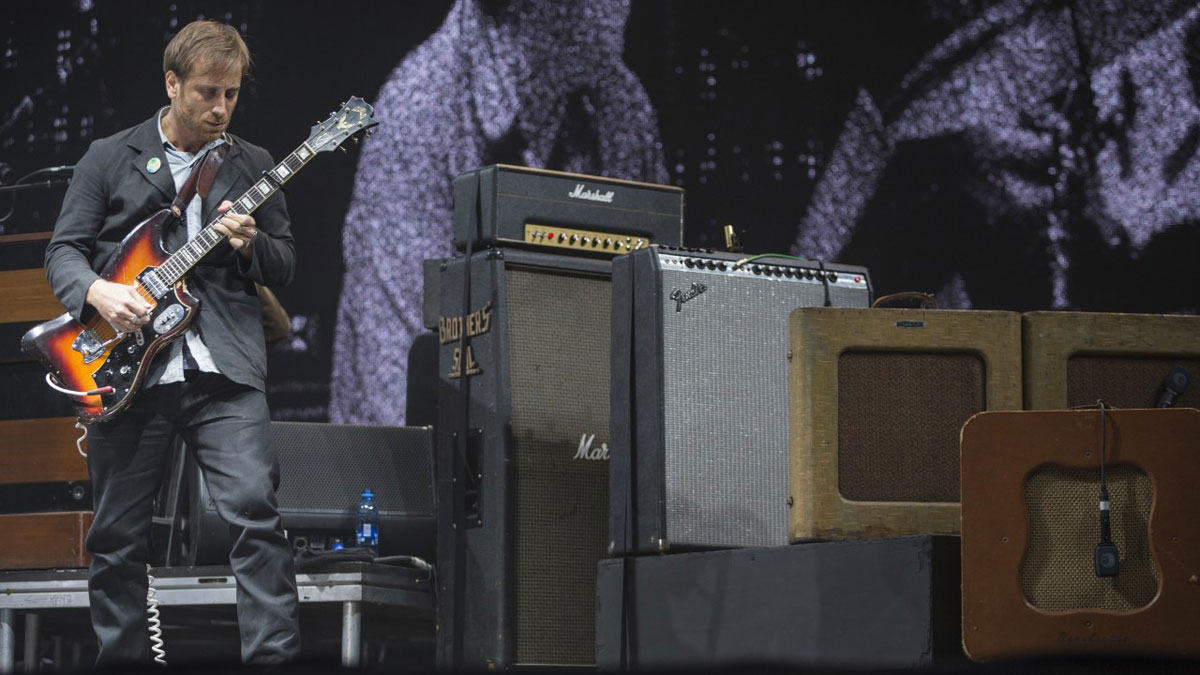
Mounting the Mustang
What was your main set-up in terms of guitar and bass gear?
“I used a Mustang bass a lot, because I’m a guitar player, I’m used to that scale and it’s easier for me to play. I could get really good sounds with that thing.
Those are my tools. It’s like asking a builder, ‘Why did you bring that toolbox?’ It’s because it’s my toolbox!
“Most of it was DI’d and then it was small guitar amps, just whatever was around. I don’t care. I like reverb on an amp and then, as long as the guitar intonation is not too terrible, I’ll play whatever.
“On The Arc, for instance, that heavy, fuzzy guitar, that was done in Queens with a Silvertone and that was DI’d, then I used a Fender Vibrolux that I got from my friend. I’ve been using that a lot in the studio and I really like it. It’s got a 15-inch speaker in it and it sounds really great. Then I’ve been playing Teiscos a lot lately and this Japanese fuzz, a version of the Maestro, that’s like this little silver wedge.”
How did the gear differ to the stuff you use with Black Keys?
“It’s not different! It’s the same shit. It’s the stuff I like to use. Those are my tools. It’s like asking a builder, ‘Why did you bring that toolbox?’ It’s because it’s my toolbox! I just use the same one and I use it on every project and every day it sounds fucking different!
“Every time you go in, the mood changes, the volume that you’re recording is different and it affects the way that everything sounds. So you can play the same instruments through the same amps and get completely different sounds every time you record.”
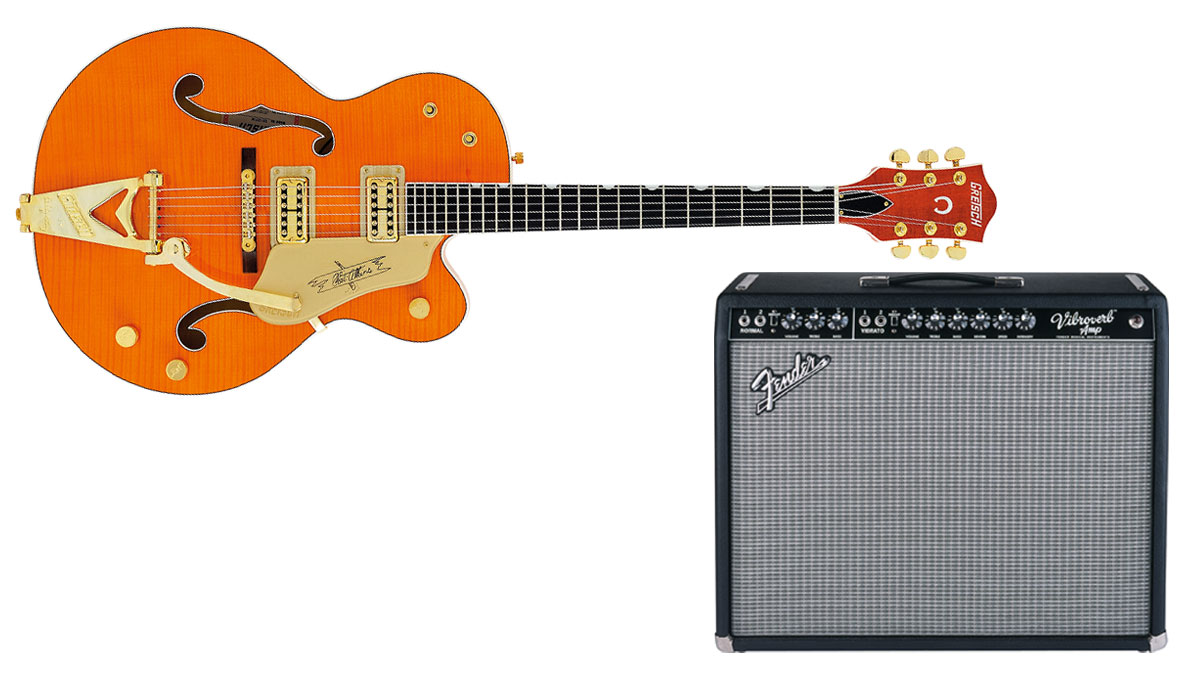
Made for each other
You’re known for loving various oddities of the guitar world. Do you ever find yourself sitting down and enjoying an off-the-shelf Les Paul?
“You know, I don’t like Les Pauls, I guess. I just don’t like them. I’ve never been able to get a good sound out of them. Lately I’ve been playing the Chet Atkins Gretsch, like an old one, with the Vibroverb - I can’t remember exactly which model, it’s an old amp that I got with the Gretsch.
They’re like husband and wife. These guys have been together a while, you can tell, you can feel it
“It was an old guy’s, he was a cowboy musician and he’d played that amp and guitar since the 50s and they sound so good together it’s crazy. That guitar, something about it is really special.”
Are you a believer in the idea that a guitar grows to respond to what you play through it the most? Perhaps those two sound good together because they’ve always been played together…
“Yeah, there’s definitely some magic, a relationship, there between that guitar and that amp. There’s no question. I had that amp, I got it re-tubed, it sounded great, I played a bunch of guitars through it and it was really cool, but then I got the guitar back from having its frets levelled and plugged it in to that amp and was like, ‘Holy shit!’ They’re like husband and wife. These guys have been together a while, you can tell, you can feel it…”

Fractal fraternity
Despite what people may assume, you’re not a staunch ‘analogue-only’ puritan. Would you ever consider using an amp modeller, like a Kemper or Fractal?
Nick [Zinner] makes that shit sound good, but whenever I did it, I just couldn’t get it to sound right
“I always just found it easier to just get the sound with the amp, you know? So that’s kind of why I never use those. And they just never sounded good enough. I tried.
“I would watch the Yeah Yeah Yeahs guitar player, Nick [Zinner], use one and he makes that shit sound good, but whenever I did it, I just couldn’t get it to sound right. I just couldn’t get it to be pleasing to me.”
You typically write and record in short windows and, indeed, Yours Dreamily took just two weeks. What do you have to fear from spending more time on a record?
“Nothing! I guess I just don’t need it. I could use that time to make another record. I don’t think I have anything to gain from spending more time on it. We experimented heavily on this record and we’re completely satisfied with the amount of experimentation.”
Do you think that you’d make a worse record if you spent longer recording?
“No, I think that I’d make two records. That’s what would happen!”
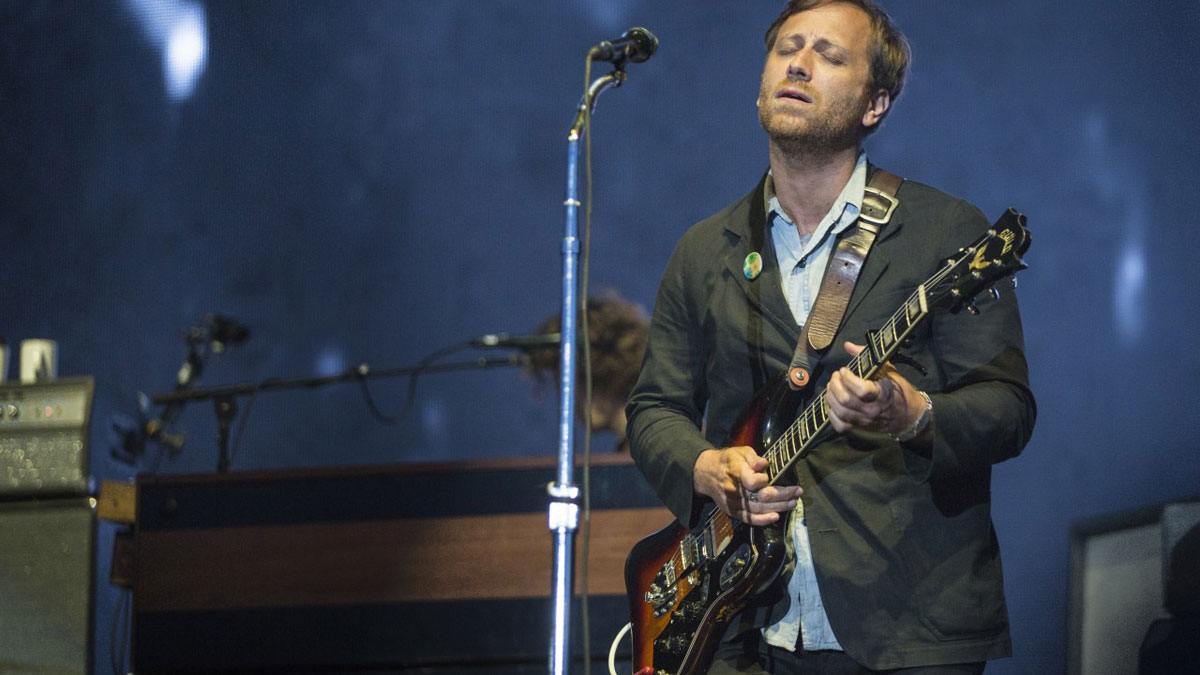
Building a platform
Do you see this being a band that continues to release for a long time?
“Well, because we’ve been recording together for so long now and that this started out of a long relationship that we already had in the studio and recording, I don’t really see why it wouldn’t. I think what The Arcs does is to give us a platform to release things that we’ve otherwise just put on a computer and stored away.”
I started playing, to play bluegrass with my family: to sing those songs and sing those harmonies
This is one of the most relaxed albums we’ve heard from you. Has the fire in your belly been quelled?
“No. I’m definitely still very angry. I’m furious right now! [laughs] I don’t make music out of anger really, man. I make music because I love music.
“That’s why I started playing, to play bluegrass with my family: to sing those songs and sing those harmonies; to play a Martin guitar, to sing a Stanley Brothers song. It’s not about anything other than that for me.”
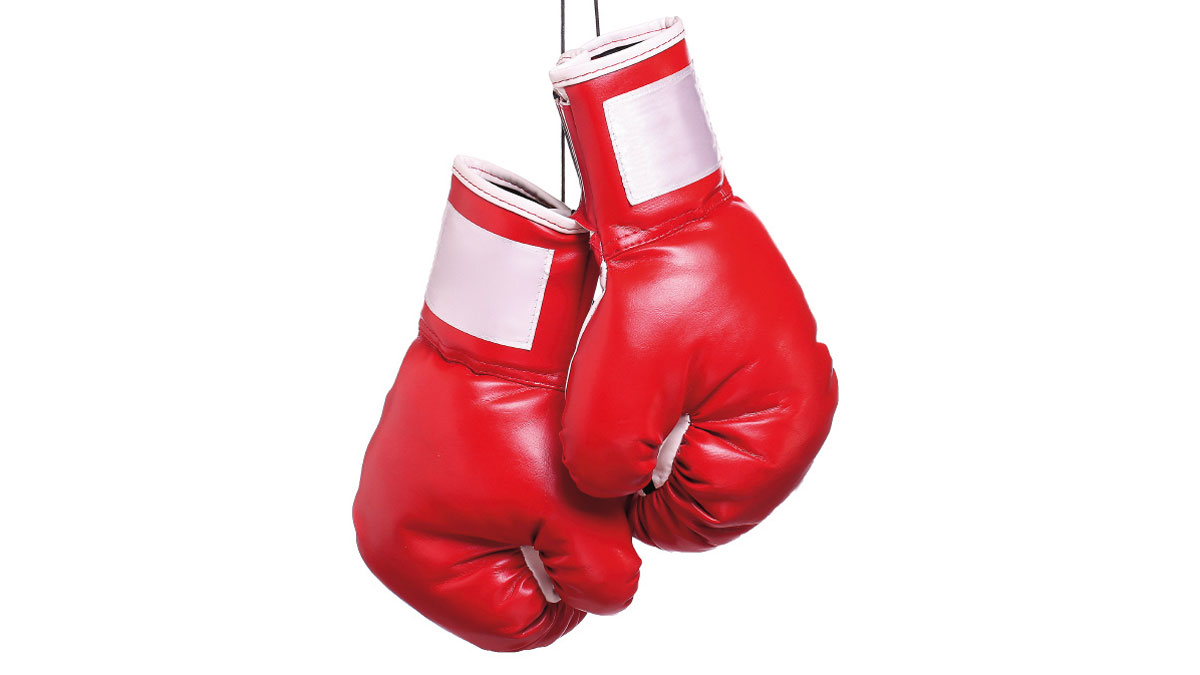
And finally... pop hits
How life in the ring impacted Yours, Dreamily...
Auerbach has long maintained that sometimes putting down the guitar provides the best inspiration and the non-musical elements of his life continue to influence his compositions.
We put out theStay In My Corner/ Tomato Can seven-inchjust for the Mayweather vs Pacquiao fight, just for fun
“In the last couple of years, I’ve got into boxing and working on my motorcycles and riding a bunch,” he tells us.
“Both have influenced my music. There are different songs inspired by different things related to those areas. Velvet Ditch, I wrote that song when I was on a motorcycle trip.
“Then there’s Stay In My Corner and Tomato Can, especially, which was about a boxer. We used that as the B-side to the Stay In My Corner seven-inch and put it out just for the Mayweather vs Pacquiao fight, just for fun.”
Matt is a freelance journalist who has spent the last decade interviewing musicians for the likes of Total Guitar, Guitarist, Guitar World, MusicRadar, NME.com, DJ Mag and Electronic Sound. In 2020, he launched CreativeMoney.co.uk, which aims to share the ideas that make creative lifestyles more sustainable. He plays guitar, but should not be allowed near your delay pedals.



